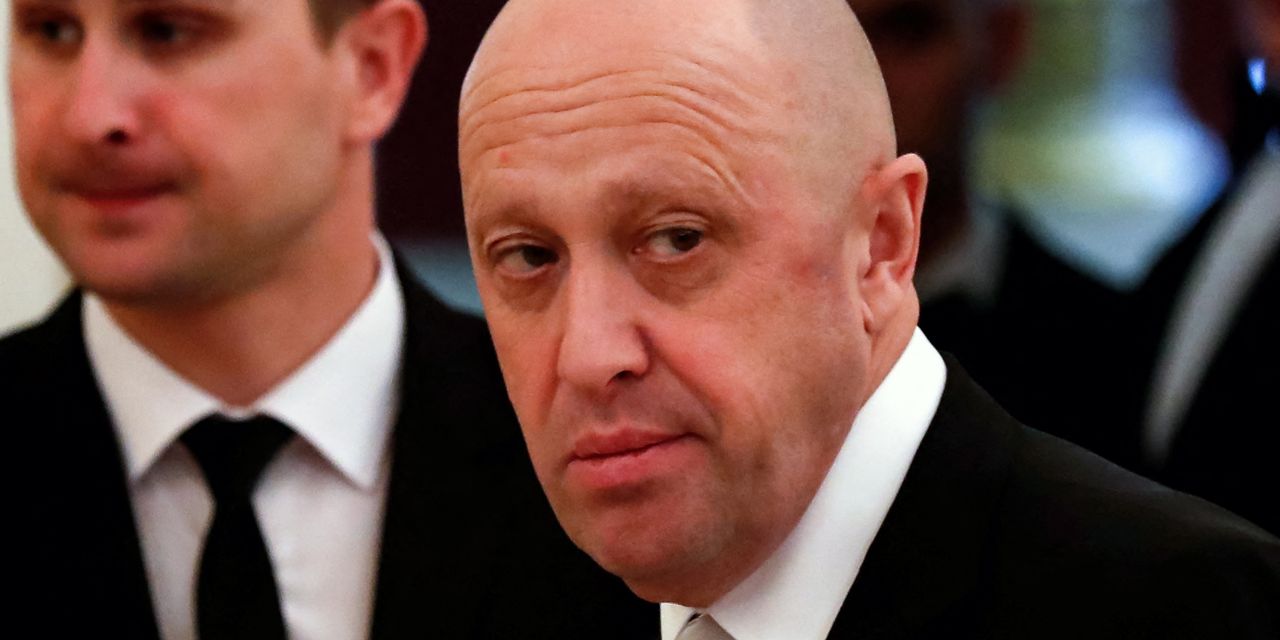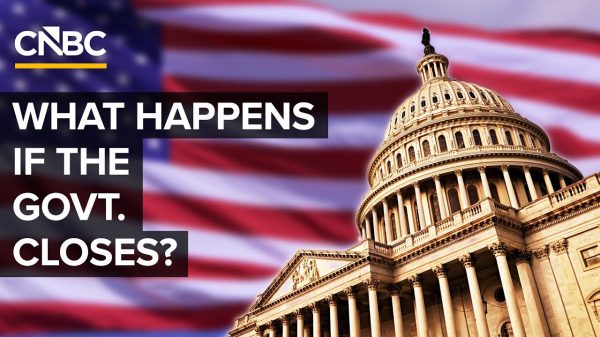Russia is providing a real-time case study in how geopolitical uncertainty affects markets: very quickly or not at all.
Friday, Yevgeny Prigohizn, the head of the Russian mercenary Wagner Group, released a series of audio messages blaming the Russian military for an apparent attack on Wagner’s forces. He then proceeded to try to play down his earlier statements, saying, “This is not a military coup.”
Coup or not, the Russian state appears to be taking the situation seriously. By the time midnight rolled around in Moscow, Russian President Vladimir Putin had been briefed, and “necessary measures [were] being taken,” Putin’s spokesman said, according to state media.
The Wagner Group has played a critical role on behalf of Russia in its war with Ukraine. It isn’t clear what the Kremlin might do or how that might affect its thinking.
The possibility that the Russian war would end in Putin’s overthrow has been percolating since the first days of the military misadventure. Although no news that makes that appear likely has emerged so far, of all the ways the war in Ukraine could proceed, a coup would produce the most immediate uncertainty for markets.
It would be a profoundly challenging event because there is little anyone can do to cushion the immediate economic blow of instability at the top of a nuclear-armed, oil-exporting, global power. Pity the Federal Reserve.
In any case, it isn’t at all clear that Putin is actually being challenged by what is unfolding.
Putin has stayed in power so long because he is adept at playing potential adversaries off each other. “This is a playbook that Putin has had for a long time,” said Angela Stent, a Georgetown professor and former U.S. intelligence officer, discussing the possible threat from the Wagner Group earlier in the year. “He sits and kind of watches it happen. And he’s the ultimate arbiter,” she said.
And in the event that Putin were to exit the scene, violently or otherwise, the power system that sustained him isn’t exactly friendly toward Ukraine or the West. Putin has killed or exiled many pro-Western voices over the years.
A Putin successor could in theory end the war in Ukraine and beg for relief from sanctions, but it isn’t particularly likely. The intense diplomatic process that went into coordinated energy embargoes and price caps won’t be quickly reversed even if a hypothetical new Russian leader asks nicely.
That means the economic factors that have driven up inflation in the West are likely to persist regardless of what happens within the walls of the Kremlin in the near term.
Crucially, very few people know what’s happening within the Kremlin at the moment. Putin has made it exceptionally difficult for objective foreign journalists to operate in Russia, including through the arrest of Wall Street Journal reporter Evan Gershkovich, who has been jailed on trumped-up charges for nearly 100 days. That makes the fog of war especially thick.
What is unfolding will become clearer with time. For now, the best advice comes from Sam Greene, a professor at King’s College London. Don’t assume you know what’s happening, he tweeted. “Better to embrace the uncertainty and prepare for a range of plausible outcomes.”
Write to Matt Peterson at [email protected]
Read the full article here





